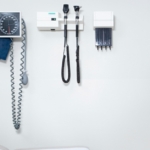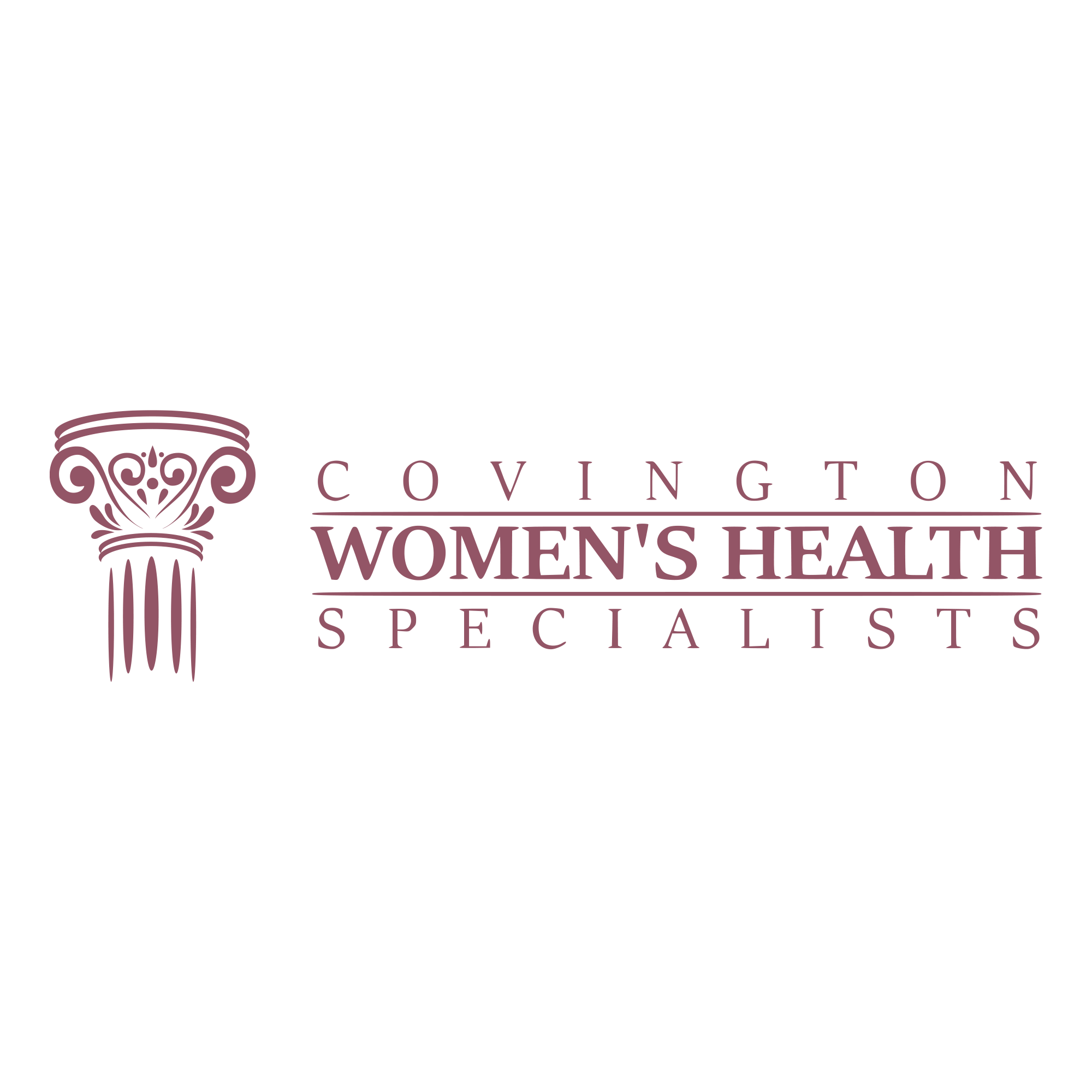What Your OB-GYN Wants You to Know About Changes to Your Body During Pregnancy
The body changes in tremendous ways throughout pregnancy. Some you may already know to expect, such as nausea during the first trimester and stretch marks as your body and skin expand to make room for your growing baby. Several other adjustments may come as a surprise however.
Here are a few developments that are completely normal for expecting mothers.
Bodily Changes to Expect During Pregnancy
Fatigue
Several factors contribute to exhaustion during pregnancy. For starters, you can blame hormone changes, since increased progesterone can cause tiredness. Your body is also busy making more nutrients for your baby, which can make you feel fatigued. Tiredness may taper off during the second trimester, only to return in the third, when many expecting mothers experience sleep challenges caused by discomfort.
Heartburn
Indigestion can develop during pregnancy, both due to hormonal changes and the fact that your baby may start pressing against your stomach. More frequent yet smaller meals can help, as can staying upright during and after eating.
Constipation
Another gastrointestinal (GI) symptom associated with pregnancy is constipation. Digestion slows down during pregnancy, so your body has more time to absorb nutrients, but it can cause uncomfortable symptoms like painful stools and hemorrhoids. Eat a fiber-rich diet, drink plenty of water, and continue to stay active to address this unpleasant issue.
Lightheadedness
A dizzy or lightheaded feeling can occur during pregnancy for several reasons. For one, your blood pressure is lower. For another, the expanding uterus can put more pressure on major veins. Some pregnant women also experience low blood sugar and low iron levels. As your pregnancy progresses, stand up slowly, eat frequent meals, and avoid getting overheated to reduce dizzy spells. If dizziness persists, be sure to contact our office promptly.
Frequent Urination
Increased hormone levels will send you to the restroom more often during pregnancy. Although frustrating, this is a normal symptom. Empty your bladder as needed to prevent complications like urinary tract infections (UTIs).
Varicose Veins
Since the expanding uterus and added weight can put more pressure on your veins, those in your legs, genital area, and rectum may become enlarged. Varicose veins are typically a harmless symptom. But if the vein feels warm to the touch, hard, or painful, seek immediate help, as these signs could indicate a more serious issue.
Vaginal Changes
Many women experience different vaginal symptoms throughout pregnancy, including increased discharge and changes in sensitivity. Spotting can also occur. If you’re concerned about any of these sometimes-surprising changes, don’t hesitate to call us.
Breast Changes
As the body prepares to produce milk, breasts may feel tender and swollen. Small bumps can also form around your nipples, and you may begin to leak colostrum — a yellowish, nutrient-dense, early form of breast milk — as you approach delivery.
If you’re uncertain about any pregnancy symptom you’re experiencing, we want to hear from you. Our caring providers are here to support you through every step of your pregnancy journey, from your very first visit to postpartum care. Find out more about our comprehensive maternity care online or schedule an appointment by calling 770-385-8954.








